Qatar 2022: Mother of upsets and a hawk-eye for offsides
Two mother of all upsets have suddenly set the Qatar 2022 alive even before it’s a week-old – relegating the controversy about the hosts, the Iranian players’ refusal to sing the national anthem and the most amazing exhibition of tiki taka football by Spain in the background.
It’s been more than 24 hours that the Samurais have upset the applecart of the four-time champions Germany – and two days since the tough-as-nails Herve Renard’s Saudi Arabia pushed title-contenders Argentina to the brink. While both will now rank among the top-10 upsets in the history of Fifa World Cup, what’s remarkable in the similarity of the storyline of both matches.
Both the former champions were off to cushy starts as they went to the break 1-0 up, with Germany in particular, threatening to shake off their reputation of poor starters. Come the second half, the fancied teams suffered from that crucial lapse of concentration that football coaches dread so much, allowing their Asian rivals to come up with brilliant strikes on the break.
The history of World Cup throws up one such extradinary upset at best in one competition, may be often in alternate editions. The last one in Russia saw one, thanks to another Asian team – South Korea – who delivered the sucker punch to knock the defending champions out with a 2-0 verdict. The memories of a horrified Germany goalkeeper Manuel Neuer being stranded near their halfline as Song Heung-min put the ball in an empty net is still clear in our minds.
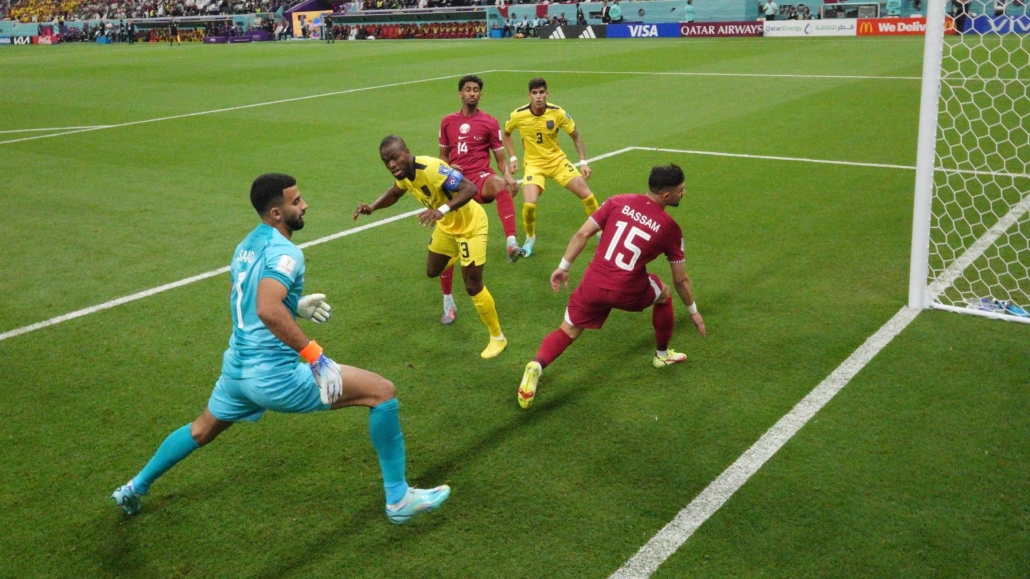
After having followed the fortunes of the Gulf teams for years, I must say that the success of Saudi bears an enormous significance for the game in the region. Looking at it from a historical perspective, upsets caused by Asian teams have been few and far between in World Cup – with the Koreas enjoying a pride of place. Looking at the pan-Arab world, there could be expectations from North African countries like Egypt, Algeria or Morocco but the Gulf countries would traditionally be looked upon as the whipping boys who made the big league.
However, the remarkable show of regional big brothers Saudi, which had the other Gulf nations gloating over the past two days, was a much-needed one for the region as hosts. Often ridiculed for it’s lack of footballing heritage, barring their occasional exports to the real world like the Omani goalkeeper Ali Al Habsi or their fight for brownie points in the bi-annual Gulf Cup, the GCC countries were deemed as hosts of major events rather than competitors.
It will be now interesting to see if their performance rubs off on hosts Qatar, the 2019 Asian Cup champions, who looked out of depth in their tournament opener against Ecuador.
As we look at completing the first week of the greatest show on earth, another major talking point was the expensive, cutting edge technology being used to prove the offside rule full-proof. The new technology – according to Fifa website – is using 12 dedicated tracking cameras mounted underneath the roof of the stadium to track the ball and up to 29 data points of each individual player, 50 times per second, calculating their exact position on the pitch. The 29 collected data points include all limbs and extremities that are relevant for making offside calls.
Al Rihla, adidas’ official match ball for Qatar, is apparently providing a further vital element for the detection of tight offside incidents as an inertial measurement unit (IMU) sensor is placed inside the ball. Right from the first disallowed goal for Ecuador, it has helped the referees to be more decisive in terms of taking such decisions – though it’s bound to polarise opinions as the tournament goes on!

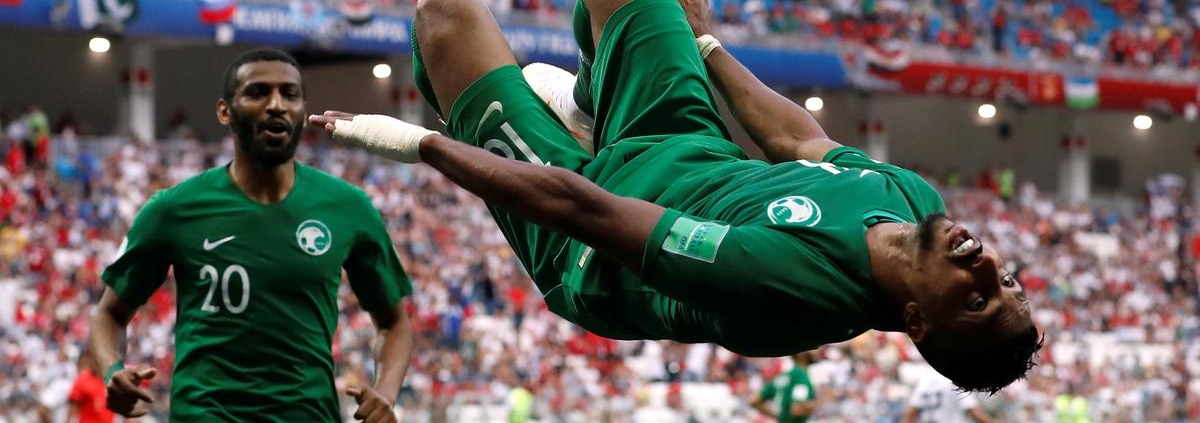
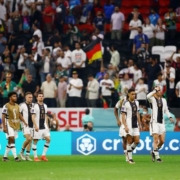
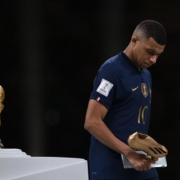
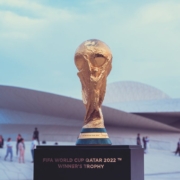
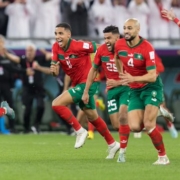




Leave a Reply
Want to join the discussion?Feel free to contribute!